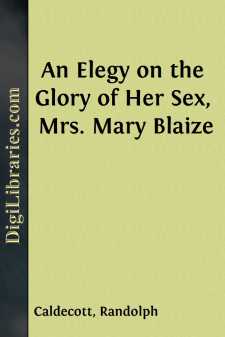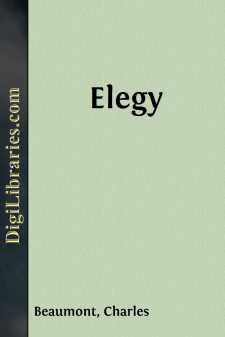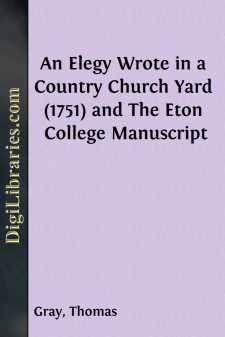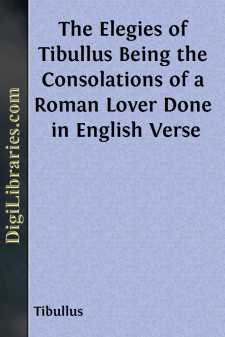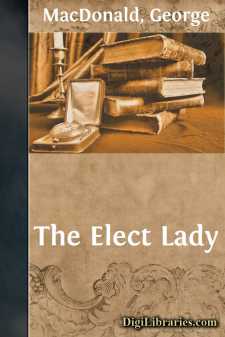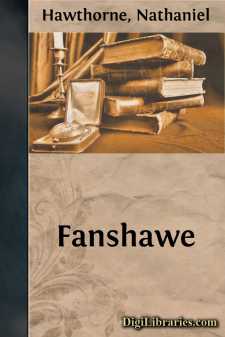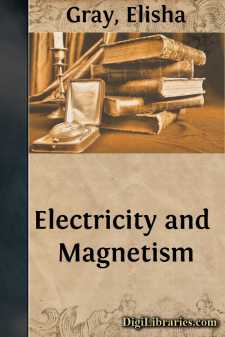Categories
- Antiques & Collectibles 13
- Architecture 36
- Art 48
- Bibles 22
- Biography & Autobiography 813
- Body, Mind & Spirit 142
- Business & Economics 28
- Children's Books 15
- Children's Fiction 12
- Computers 4
- Cooking 94
- Crafts & Hobbies 4
- Drama 346
- Education 46
- Family & Relationships 57
- Fiction 11828
- Games 19
- Gardening 17
- Health & Fitness 34
- History 1377
- House & Home 1
- Humor 147
- Juvenile Fiction 1873
- Juvenile Nonfiction 202
- Language Arts & Disciplines 88
- Law 16
- Literary Collections 686
- Literary Criticism 179
- Mathematics 13
- Medical 41
- Music 40
- Nature 179
- Non-Classifiable 1768
- Performing Arts 7
- Periodicals 1453
- Philosophy 64
- Photography 2
- Poetry 896
- Political Science 203
- Psychology 42
- Reference 154
- Religion 513
- Science 126
- Self-Help 84
- Social Science 81
- Sports & Recreation 34
- Study Aids 3
- Technology & Engineering 59
- Transportation 23
- Travel 463
- True Crime 29
Sort by:
Good people all,with one accord,Lament forMadam Blaize,Who never wanteda good word—From thosewho spoke her praise. The needy seldom pass’d her door,And always found her kind;She freely lent to all the poor—Who lefta pledge behind. She strove the neighbourhood to pleaseWith manners wondrous winning;And never follow’d wicked ways—Unless when she was sinning.At church, in silks and satins...
more...
by:
Charles Beaumont
"Would you mind repeating that?" "I said, sir, that Mr. Friden said, sir, that he sees a city." "A city?" "Yes sir." Captain Webber rubbed the back of his hand along his cheek. "You realize, of course, that that is impossible?" "Yes sir." "Send Mr. Friden in to see me, at once." The young man saluted and rushed out of the room. He returned with a...
more...
by:
Thomas Gray
To some the eighteenth-century definition of proper poetic matter is unacceptable; but to any who believe that true poetry may (if not "must") consist in "what oft was thought but ne'er so well expressed," Gray's "Churchyard" is a majestic achievement—perhaps (accepting the definition offered) the supreme achievement of its century. Its success, so the great critic...
more...
by:
Matilda Betham
ARTHUR and ALBINA. Ah me! the yellow western sky turns pale, And leaves the cheerless sons of earth to mourn; And yet I hear net in the silent vale, A sound to tell me Arthur does return. Ah, haste ye hours! quick plume the loit'ring wing! Bring back my hero, crown'd with glorious spoils! Let bards on lofty harps his triumphs sing, And loud applause repay successful toils! Reward the...
more...
by:
Tibullus
PREFACE Albius Tibullus was a Roman gentleman, whose father fought on Pompey's side. The precise dates of his birth and death are in doubt, and what we know of his life is all in his own poems; except that Horace condoles with him about Glycera, and Apuleius says Delia's real name was Plautia. Horace paid him this immortal compliment: (Epist. 4 bk. I). "Albi nostrorum sermonum candide...
more...
CHAPTER I A Misty evening in mid-October; a top room in one of the small dingy houses on the north side of Moon Street, its floor partially covered with pieces of drugget carpet trodden into rags; for furniture, an iron bed placed against the wall, a deal cupboard or wardrobe, a broken iron cot in a corner, a wooden box and three or four chairs, and a small square deal table; on the table one candle in...
more...
by:
Bernard Shaw
INDUCTION The end of a saloon in an old-fashioned country house (Florence Towers, the property of Count O'Dowda) has been curtained off to form a stage for a private theatrical performance. A footman in grandiose Spanish livery enters before the curtain, on its O.P. side. FOOTMAN. [announcing] Mr Cecil Savoyard. [Cecil Savoyard comes in: a middle-aged man in evening dress and a fur-lined overcoat....
more...
by:
George MacDonald
CHAPTER I. LANDLORD'S DAUGHTER AND TENANT'S SON. In a kitchen of moderate size, flagged with slate, humble in its appointments, yet looking scarcely that of a farmhouse—for there were utensils about it indicating necessities more artificial than usually grow upon a farm—with the corner of a white deal table between them, sat two young people evidently different in rank, and meeting upon...
more...
CHAPTER I. "Our court shall be a little Academe."—SHAKESPEARE. In an ancient though not very populous settlement, in a retired corner of one of the New England States, arise the walls of a seminary of learning, which, for the convenience of a name, shall be entitled "Harley College." This institution, though the number of its years is inconsiderable compared with the hoar antiquity of...
more...
by:
Elisha Gray
CHAPTER I. THE AUTHOR'S DESIGN. The writer has spent much of his time for thirty-five years in the study of electricity and in inventing appliances for purposes of transmitting intelligence electrically between distant points, and is perhaps more familiar with the phenomena of electricity than with those of any other branch of physics; yet he finds it still the most difficult of all the natural...
more...


